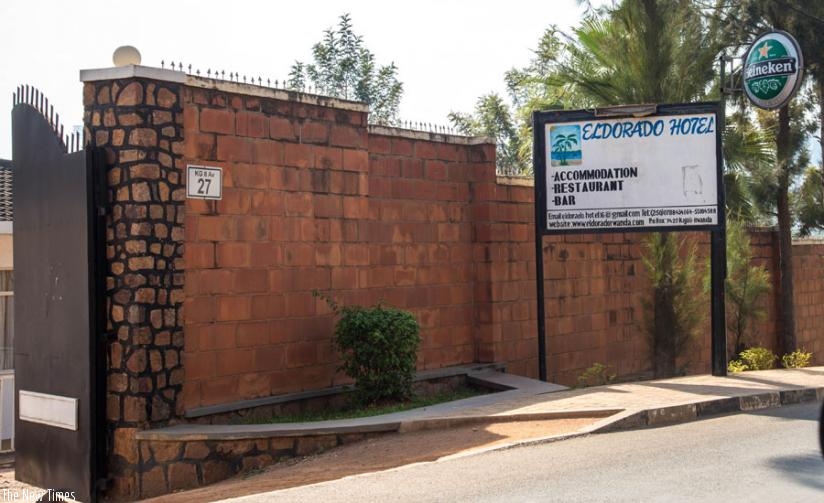Editor, RE: “Ailing hotels run to PSF as banks strike with auctioneer’s hammer” (The New Times, September 21).


Editor,
RE: "Ailing hotels run to PSF as banks strike with auctioneer’s hammer” (The New Times, September 21).
It is actually the banks (the creditors) which are holding the non-performing loans, not the hotels, whose owners are the debtors.
However, whatever the causes of these hotels’ dire financial situation and, however unfortunate, at the end of the day this is simply and purely a business issue.
Just as they should enjoy the upside benefits of their risk-taking, entrepreneurs cannot be shielded from the downside risks. One-way (upside only) bets do not exist anywhere in business, unless you are a monopolist, who can yank up your prices for a product or service people cannot do without or a Too-Big-To-Fail financial institution whose collapse could take down with it the entire economy (or you are able somehow to convince the authorities that the collapse of your business could set in motion a cascade of other widespread failures that put the entire economy at risk).
Unfortunately for the existing owners, their loss of their businesses is not a loss for the economy as a whole; the auctioning of their properties simply shifts ownership of the same properties to others even as the creditors recover the money they had extended to the previous owners to develop those properties.
From the perspective of the economic balance sheet as a whole, the outcome is neutral; neither gain nor loss.
Mwene Kalinda
***********
While most often your stories bring much cheer, it was depressing to read that many members of the Rwanda Hotel Group (RHG) are "ailing hotels” and having defaulted on bank loans, auction notices have been issued with view to selling off these hotels.
Hotels need a heavy capital investment. Moreover, invariably there are project overruns at the start, resulting in a shortage of the much needed capital.
As Célestin Rwabukumba, the CEO of the Rwanda Stock Exchange very rightly advised, "the Capital Market could well solve many a problem of RHG members”.
I am reminded about an up-market residential estate in Kigali, wherein the investments of many individuals, was at stake because the developer could not service the loan taken for the purchase of the land on which the houses were constructed and so the concerned bank had placed an auction notice in the media.
But it was the Rwanda Development Board who very graciously stepped in and mediated between the bank and the developer who had defaulted.
An amicable settlement was reached and the investments made by many individuals in this premium project were thus secured.
It is in my firm belief that the concerned authorities will equally intervene and bring to the table members of RHG, who are facing a big challenge, and the financial institutions who have funded their hotel projects.
Once confidence is developed in Rwanda’s capital market, small and medium enterprises like hotels will be able to raise money from the stock market and improve their capital bases.
Of course, good governance and accountability are key factors in developing a robust capital market. With the right support from the concerned authorities, this beautiful land of a thousand hills will see ailing hotels turn around and become profitable business ventures, thus enhancing tourism revenues as well as foreign exchange reserves.
Clarence Fernandes, Mumbai, India


